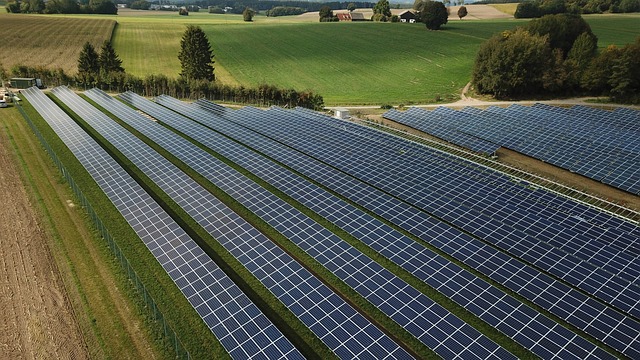
Energy justice aims to ensure fairness in energy production, distribution, and consumption.
With a view to energy justice, policymakers now recognize that the placement of wind farms disproportionately affects rural communities.
Energy justice is an approach that examines energy systems through ethical, social, and economic lenses. The European Environmental Bureau recognizes three key pillars: distributive, procedural, and recognitional justice. Together, these offer a comprehensive way to assess equity in energy systems. Distributive justice focuses on the fair allocation of resources. Procedural justice relates to the process behind energy projects. Recognitional justice ensures that all groups, particularly marginalized ones, are respected and acknowledged in the decision-making process. A practical example of energy justice can be found in Kenya’s adoption of decentralized solar mini-grids in remote towns. Communities in these regions typically have no access to electricity due to the high costs of extending centralized grid infrastructure to them. Adopting these mini-grids may reduce fuel consumption by as much as 60% while providing reliable sources of electricity.
Cílem energetické spravedlnosti je zajistit spravedlnost při výrobě, distribuci a spotřebě energie.
S ohledem na energetickou spravedlnost si nyní tvůrci politiky uvědomují, že umisťování větrných elektráren neúměrně postihuje obyvatelstvo na venkově.
Energetická spravedlnost je přístup, který zkoumá energetické systémy z etického, sociálního a ekonomického hlediska. Evropský úřad pro životní prostředí uznává tři klíčové pilíře – distributivní, procedurální a uznávací spravedlnost. Ty společně nabízejí komplexní způsob hodnocení spravedlnosti v energetických systémech. Distributivní spravedlnost se zaměřuje na spravedlivé rozdělování zdrojů. Procedurální spravedlnost se týká procesu, který stojí za energetickými projekty. Uznaná spravedlnost zajišťuje, že všechny skupiny, zejména marginalizované, jsou v rozhodovacím procesu respektovány a uznávány. Praktickým příkladem energetické spravedlnosti může být zavedení decentralizovaných solárních minisítí v odlehlých městech v Keni. Tyto regiony nemají přístup k elektřině kvůli vysokým nákladům na rozšíření infrastruktury centralizované sítě. Přijetím těchto minisítí může dojít až k 60% snížení spotřeby paliva a zajištění spolehlivého zdroje elektřiny.
English Editorial Services’ mission is to assist international businesses and organizations of all sizes to communicate clearly, correctly, and persuasively with their business partners and target audiences.
Simply subscribe to receive our Business Term of the Day at no charge to your inbox each business day, with explanation in English and Czech.

English Editorial Services’ mission is to assist international businesses and organizations of all sizes to communicate clearly, correctly, and persuasively with their business partners and target audiences.
Simply subscribe to receive our Business Term of the Day at no charge to your inbox each business day, with explanation in English and Czech.

Receive a Business Term of the Day from English Editorial Services to your inbox each business day, with explanation in English and Czech.

Are you a European firm with interests in the U.S. or an American company with interests in Central Europe? We are in the Heart of Europe and the Heartland of America. We can assist with communications, transactional advisory, local representation, and new business operations.
